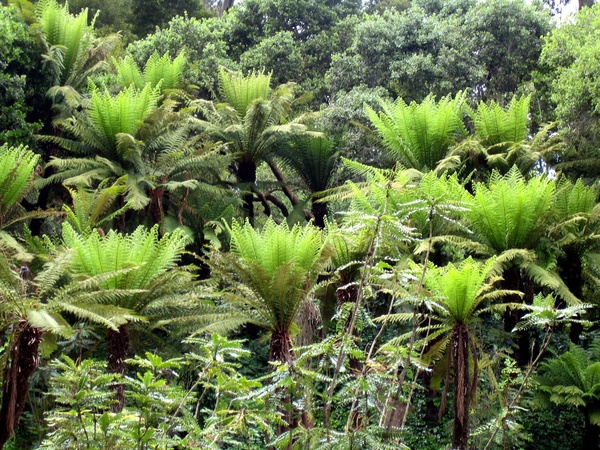Holiday Gift Idea – Food Project Metro Boston Summer 2015 Box Share
All of The Food Project’s vegetables, herbs, and flowers are grown using sustainable growing methods. They do not use chemical fertilizers or pesticides and distribute food within the local communities where they work.
Youth in the summer Seed Crews help grow and harvest the produce. Their mission is to create a thoughtful and productive community of youth and adults from diverse backgrounds who work together to build a sustainable food system.
The summer shares run from June through October and members receive 8-24 pounds of produce a week, with poundage increasing as the harvest grows. Certain sites are on-farm pickups with pick-your-own herbs, flowers and berries.
Metro Boston Summer 2015 Box Share
475.00 (regularly 500.00)
The summer box share runs for 20 weeks from June through October and consists of a weekly box of produce. Shareholders receive 4-18 pounds of produce each week.
Pick-up site: Choose from many options in and around Boston when you purchase.
Early-bird 5% discount through December 15, 2014, equivalent to one free week! To learn more, and to order, visit https://thefoodproject.squarespace.com/csa-farm-shares.


